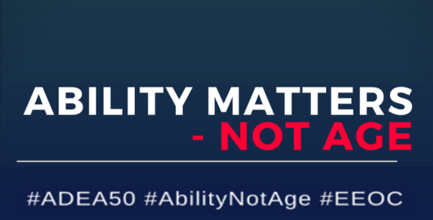*Who is the luckiest person you have ever met or known? Were they all wealthy, or did they have some other sources of satisfaction with their lives, be it love, family, religion, other than being filthy rich?
Clifton Mark, in an article on the website Aeon, closed a disappointing essay on meritocracy with the following: “Despite the moral assurance and personal flattery that meritocracy offers to the successful, it ought to be abandoned both as a belief about how the world works and as a general social ideal. It’s false, and believing in it encourages selfishness, discrimination and indifference to the plight of the unfortunate.”
My first question would be: Don’t those people who were born into wealth, sent to expensive private schools (fully stocked with legacies), and who then take positions in organizations where legacies are the rule and not the exception, also have a considerable amount of selfishness, discrimination and indifference to the plight of the unfortunate? Why stop with meritocracy? Aristocrats have a long history of a callus disregard for those less fortunate than themselves.
The prevalence of the term “privileged” used to epitomize a generation that regards hard work as pointless is approaching its maximum; Mr. Mark is preaching to the choir of the privileged generation, who are dyspathetic to hard work of any kind. Keep Reading












